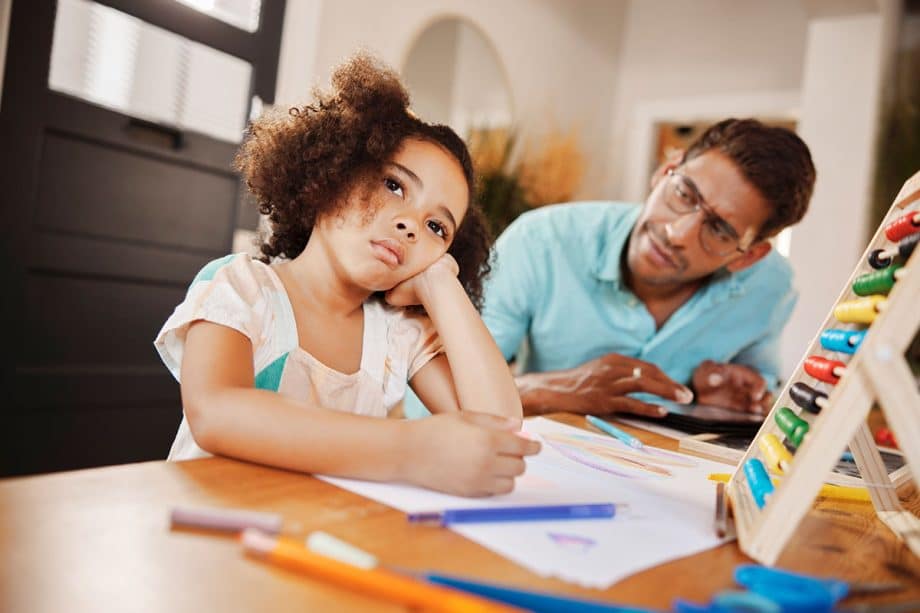Anxiety disorders are among the most common mental health conditions. People who experience severe anxiety that interferes with daily life should seek professional treatment. But whether or not you choose to pursue treatment, there are coping mechanisms and techniques that can make living with an anxiety disorder a little easier.
Meditation
There are a variety of meditation exercises that are designed to help you relax and clear your mind of the worries and thoughts that are causing your feelings of anxiety. You can find audio and visual meditation strategies online that can guide you into a state of relaxation that will reduce your anxiety symptoms.
Breathing
Breathing exercises are a common relaxation technique. By taking deep breaths that move your abdomen and not your ribs or shoulders, you can calm your mind and body. Counting breaths can help you regulate your breathing to avoid holding your breath or hyperventilating.
Yoga
Yoga is a form of exercise that involves stretching, breathing, and strength building. Many people who suffer from anxiety find that yoga helps to relieve anxious thoughts by releasing emotional tension that builds up in the body.
Exercise
Any form of exercise releases endorphins, serotonin, and dopamine, all of which promote positive feelings to boost your mood. By channeling your anxiety into exercise you can find relief of both physical and mental symptoms.
Get Outdoors
Spend some time outside in nature. Sunlight boosts serotonin levels in your brain, which can improve your mood and reduce your anxiety. The sounds, smells, and fresh air can help you feel more relaxed.
Limit Alcohol and Caffeine
Alcohol and caffeine are both known to be a cause of anxiety in people, especially those who suffer from anxiety disorders. Alcohol affects the neurotransmitters in the brain, which may temporarily reduce feelings of anxiety. But as the alcohol wears off your brain will try to rebalance the natural chemicals, which can lead to anxiety. Caffeine is a stimulant that increases your heart rate and accelerates breathing, symptoms that can make you feel anxious.
Eat a Nutrition-Rich Diet
Changing what you eat to incorporate healthier, more nutrient-rich foods can reduce anxiety symptoms. Eliminating or limiting processed foods, sugar, dyes, and preservatives can help improve your mental health.
Change Negative Thought Patterns
This is not easy to do alone. Seeing a therapist can help you learn how to avoid the negative thought patterns that have become habits and instill more positive ways of thinking that can reduce anxiety.
Consider Medication
There are various medications that can help with anxiety disorders by reducing both mental and physical symptoms. Talk to your doctor or therapist about medication options to manage your anxiety.
Face Your Fears
Sometimes you can overcome a specific source of anxiety by facing it head-on. When you allow yourself to confront what you fear, you take away the power that it has over you.
Frequently Asked Questions About Anxiety Disorders
Can anxiety be controlled?
You can gain control over anxiety with the help of cognitive behavioral therapy (talk therapy), medication, coping strategies, or any combination of these. Many patients are able to find the right type of treatment to reduce their anxiety symptoms.
What is the 3-3-3 rule?
Another coping mechanism for anxiety is the 3-3-3 rule. It is highly effective at controlling anxiety induced panic attacks. Look around you and identify 3 objects, then listen for 3 sounds, then move 3 body parts. Repeat this process until you feel relaxed and calm.
Schedule a Consultation
If you experience anxiety that interferes with your daily life, schedule a consultation with South County Psychiatry. Together we can create a treatment plan that can reduce your anxiety symptoms and help you enjoy a higher quality of life.
Contact us today to learn more and schedule a consultation.

